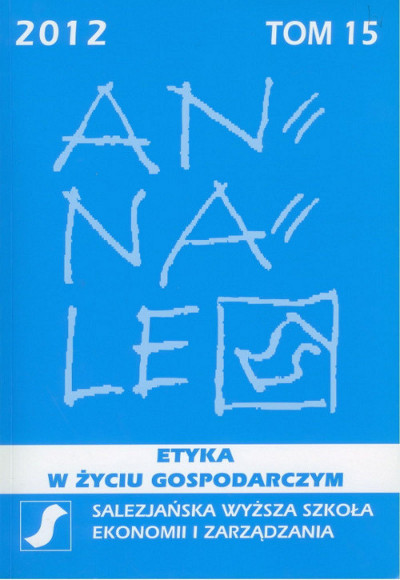Konflikt interesu publicznego z prywatnym na tle instytucji wywłaszczenia nieruchomości
DOI:
https://doi.org/10.18778/1899-2226.15.19Słowa kluczowe:
public interest, rules, expropriation institutionAbstrakt
Ownership, as a basic value of a legal state is the subject to special protection guaranteed by a basic law. However, in certain situations acting for the benefit of public interest is, according to a legislator, takes priority over private ownership. Thus, in cases when public interest is at stake limitation of ownership title to property can be permitted by regulations. Expropriation of private property for the sake of public good is the solution used for many years in Poland and in other countries. Basic preconditions for expropriation are described in art. 21 section 2 of The Constitution of the Republic of Poland. Private ownership in art. 21 of Polish Constitution was defined in a very general context without defining the subject. Thus, all the ownership is the subject to state protection without specifying the principles of this protection, which are regulated by ordinary acts. Guaranteeing right to private ownership does not mean the right is inviolable. Constitution allows for property expropriation for the benefit of public purposes after a just compensation. However, it must be emphasized that regulations relating to the rules of property expropriation as a special form of depriving ownership right by means of authoritarian state act, which is the exception from general civil and legal principles of transferring ownership title, must be applied literally, excluding admissibility of extensive interpretation. Provisions of the constitution are defined in the regulations of the Real Estate Management Act from 21st August 1997.Bibliografia
Dz.U. 1964 r., Nr 16 poz. 93.
Google Scholar
Dz.U. 1997, Nr 78 poz. 483.
Google Scholar
DOI: https://doi.org/10.1016/S0007-0912(17)41929-5
Dz.U. 2003 r., Nr 80 poz. 717 z późn. zm.
Google Scholar
Dz.U. 2010 r., Nr 102 poz.651.
Google Scholar
Uchwała z dnia 17 lipca 2003 r. Sądu Najwyższego (III CZP 46/03; OSNC 2004 r. nr 10 poz. 153).
Google Scholar
Wyrok z dnia 10 października 2000 r. Naczelnego Sądu Administracyjnego (II SA/Kr 1010/2000; ONSA z 2001 r. nr 4 poz. 186).
Google Scholar
Wyrok z dnia 12 stycznia 2000 r. Trybunału Konstytucyjnego, (P. 11/98, OTK 2000, nr 1 poz. 3).
Google Scholar
Wyrok z dnia 15 kwietnia 1992 r. Naczelnego Sądu Administracyjnego ( IV SA 112/1992, ONSA z 1993 r., nr 2 poz. 40).
Google Scholar
Wyrok z dnia 18 lipca 2001 r. Naczelnego Sądu Administracyjnego (I SA 425/2000, nie publ.).
Google Scholar
Wyrok z dnia 21 marca 2001 r., K 24/2000, OTK 2001, nr 3 poz. 51.
Google Scholar
Wyrok z dnia 24 lipca 2009 r. Naczelnego Sądu Administracyjnego II OSK 1518/2008.
Google Scholar
Wyrok z dnia 26 marca 2009 r. Wojewódzkiego Sądu Administracyjnego w Gliwicach II SA/Gl 1252/2008.
Google Scholar
Wyrok z dnia 8 kwietnia 2009 r. Naczelnego Sądu Administracyjnego (II OSK 590/2008 ).
Google Scholar
Wyrok z dnia 8 listopada 2000 r. Naczelnego Sądu Administracyjnego ( I SA 1986/1999; nie publ.).
Google Scholar
Pobrania
Opublikowane
Jak cytować
Numer
Dział
Licencja

Utwór dostępny jest na licencji Creative Commons Uznanie autorstwa – Użycie niekomercyjne – Bez utworów zależnych 4.0 Międzynarodowe.









